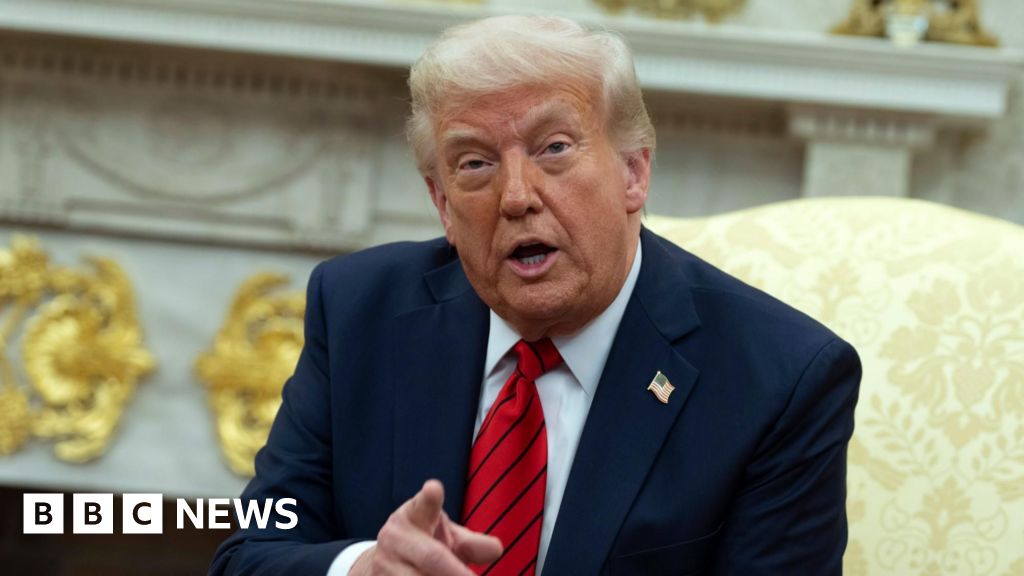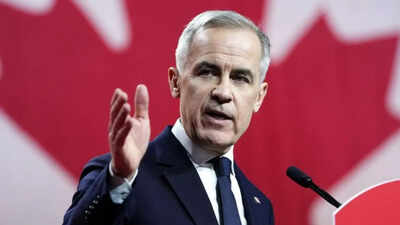Palestinian Government Raises Alarm Over Threats to Al-Aqsa Mosque

The Palestinian Ministry of Foreign Affairs and Expatriates has issued a grave warning regarding the escalating threats posed by Israeli settler organizations against the Al-Aqsa Mosque, one of Islam's most revered sites. This alarming statement comes amid a backdrop of heightened tensions in the region, particularly following Israel's ongoing military actions in Gaza, which have exacerbated the fragile situation in Jerusalem and its holy places.
On Saturday, the ministry voiced its extreme concern in light of disturbing calls being disseminated on Hebrew-language social media platforms, where extremist groups have openly discussed plans to attack and demolish the Al-Aqsa Mosque. These calls include intentions to construct a Jewish temple on the same site, a proposal that is deeply offensive to Muslims worldwide and has sparked fears of increased violence in the holy city.
The Al-Aqsa Mosque compound, located in occupied East Jerusalem, is not only the third holiest site in Islam but also a significant symbol of Palestinian national identity. In recent weeks, it has become a focal point for rising animosity between Jewish and Muslim communities, particularly as tensions flare during Israels military campaign in Gaza. The mosque's status has been a long-standing point of contention, and recent developments threaten to further destabilize an already volatile situation.
Earlier this week, an artificial intelligence-generated video surfaced on social media, depicting a scenario in which the mosque is destroyed and replaced with a so-called Third Temple. This video was titled Next Year in Jerusalem, a phrase often associated with messianic Jewish aspirations. The Ministry of Foreign Affairs described this content as systematic incitement to escalate the targeting of Christian and Islamic holy sites in occupied Jerusalem, underscoring the potential for such rhetoric to lead to real-world violence.
In their statement, the ministry urged the international community, along with relevant United Nations institutions, to address these incitements with the seriousness they warrant and to take actions consistent with international law. The call for intervention highlights the urgent need for global awareness and action to protect sacred sites and promote peace amidst rising tensions.
The Al-Aqsa Mosque compound is administered by Jordan, but access is tightly controlled by Israeli military forces. The site has increasingly become a target for right-wing Israeli politicians and settlers who frequently visit the area, often performing religious rituals under military protection. These visits have raised alarm among Palestinians, who view them as provocations that threaten the sanctity of a site crucial to their identity and heritage.
The compound is also significant to Jews, who believe it to be the site of the First and Second Temples, the latter of which was destroyed by the Romans in 70 AD. Under a long-standing status quo arrangement, non-Muslims, including Jews, can visit the compound during specific hours but are prohibited from praying there or displaying religious symbols.
In a particularly controversial statement last August, Itamar Ben-Gvir, Israel's right-wing National Security Minister, incited widespread outrage by announcing plans to build a Jewish synagogue within the Al-Aqsa Mosque compound. Once regarded as a fringe movement, the campaign to establish a Third Temple on this holy site has been gaining traction in Israel. Many Palestinians draw parallels between the current situation and events in Hebron, where the Ibrahimi Mosque, also known as the Cave of the Patriarchs, was partitioned, leading to ongoing tensions and conflict.
Since assuming office in December 2022, Ben-Gvir has visited the Al-Aqsa Mosque compound at least six times, each visit provoking severe condemnation from various quarters, including international observers who fear that such actions heighten the risk of violence and further conflict in an already troubled region.
























